In today’s highly competitive academic landscape, securing a spot in top universities and programs often hinges on success in competitive exams like the Joint Entrance Examination (JEE) and the National Eligibility cum Entrance Test (NEET). As the stakes continue to rise, educational technology (EdTech) has emerged as a game-changer in preparing students more effectively for these challenges. Here’s how technology-enhanced coaching is transforming the way students prepare for these crucial exams.
Personalized Learning Paths
One of the most significant advantages of using EdTech in exam preparation is the ability to create personalized learning experiences. Unlike traditional coaching methods, which generally adopt a one-size-fits-all approach, EdTech platforms utilize algorithms to adapt to individual learning styles and paces. For instance, if a student struggles with a particular concept in physics, the platform can provide additional resources and practice problems to reinforce understanding before moving on. This personalized attention ensures that no topic is left unclear, enhancing the student’s overall preparedness for exams like JEE and NEET.
Real-Time Feedback and Analytics
EdTech platforms can provide students and educators with immediate feedback, a crucial component of effective preparation. As students engage with the material, these platforms analyze performance data to highlight strengths and identify areas needing improvement. This continuous feedback loop allows students to focus their efforts more strategically and make the most of their study time. Furthermore, educators can use this data to adjust instruction and provide targeted support, ensuring that each student is optimally prepared for exam day.
Accessibility and Convenience
Technology has dramatically increased accessibility to quality exam preparation resources. Students from various geographical locations can access comprehensive study materials online without needing to travel to coaching centers. This is particularly beneficial for students in remote or underserved areas who might not have had access to quality coaching otherwise. Additionally, EdTech platforms often offer flexible scheduling options, allowing students to study at their own pace and on their own time, which is ideal for balancing schoolwork and exam preparation.
Engaging and Interactive Content
The use of multimedia elements like videos, interactive simulations, and gamified learning experiences makes studying more engaging and less monotonous. These interactive tools not only make learning more enjoyable but also help students retain information more effectively. For subjects that require a high degree of visualization, such as organic chemistry or spatial geometry, interactive diagrams and simulations can provide clearer, more intuitive understanding than static images in textbooks.
Scalability and Constant Improvement
EdTech platforms are continuously updated with the latest content and best practices in exam preparation. As the syllabi for competitive exams evolve, these platforms can quickly incorporate changes and provide students with the most current materials. Additionally, the scalability of these platforms means they can serve a large number of students simultaneously, ensuring high-quality preparation resources are available to anyone who needs them, regardless of location or economic background.
Conclusion
The role of EdTech in preparing students for competitive exams is becoming increasingly indispensable. With personalized learning paths, real-time feedback, greater accessibility, engaging content, and up-to-date resources, these platforms are equipping students with the tools they need to succeed. As technology continues to advance, the future of exam preparation will likely see even greater integration of EdTech solutions, making learning not just more effective but also more accessible for students everywhere.
